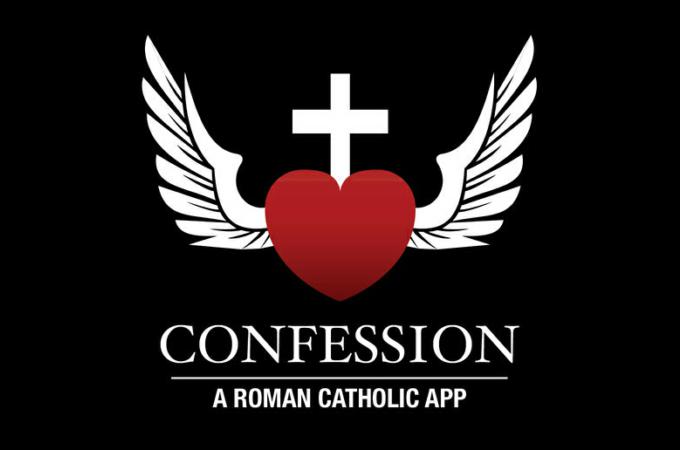Possible to confess online?
Q. Is Catholic confession available online? This would be so convenient. (Baton Rouge, Louisiana)
A. Certainly at this time, there is no provision in the church's sacramental practice for online confession and absolution. Implicit in the church's Code of Canon Law (Canon 959 ff.) is the notion that the penitent is in the personal presence of the confessor.
In fact, in 2011, when the Vatican gave qualified support to a new app designed to help people examine their consciences, then-Vatican spokesman Father Federico Lombardi was careful to tell reporters, "It is essential to understand well the sacrament of penitence requires the personal dialogue between the penitent and the confessor and the absolution by the confessor."
"This cannot in any way be substituted by a technology application. One cannot talk in any way about 'a confession via iPhone,'" he said.
The sacrament of penance is designed to be, for the penitent, an encounter with Jesus Christ through the person of the priest. It is difficult for me to see how the internet would permit that close personal contact with the Lord. The additional concern I would have is for the privacy that is so integral to the sacrament of penance, the danger that an internet confession could be recorded or hacked.
Having said this, I do not think that the physical presence of the absolving priest is necessarily by divine mandate; so online confession could conceivably be permitted by the church sometime in the distant future, provided that the privacy concerns could be addressed -- but I wouldn't wait for that to happen before confessing my sins!
Q. One of my sisters who is Lutheran recently moved to an area where there is no Lutheran church, so she started attending Mass at a nearby Catholic parish. She has been receiving the Eucharist at Mass even though she is not Catholic. She says that she asked the Catholic pastor and he said that it was OK. Is it?
I find this completely wrong because when I converted to the Catholic faith 30 years ago, I was required to complete RCIA classes. Has anything changed on this? (Chesapeake, Virginia)
A. As a general rule, the church's Code of Canon Law provides that Catholic ministers lawfully administer Catholic sacraments only to Catholics (Canon 844.1). That same canon does go on to say that there are certain situations in which believing non-Catholics might be admitted to the sacraments, but only under very specific circumstances.
Canon 844.4 explains that "if the danger of death is present or if, in the judgment of the diocesan bishop or conference of bishops, some other grave necessity urges it, Catholic ministers administer these same sacraments licitly also to other Christians not having full communion with the Catholic Church, who cannot approach a minister of their own community and who seek such on their own accord, provided that they manifest Catholic faith in respect to these sacraments and are properly disposed."
From the wording of the canon, it would seem that all of these several conditions must be satisfied; it would not be enough, for example, simply that the non-Catholic acknowledges the reality of Christ present under the symbols of bread and wine. Some typical examples of "grave necessity" I have seen mentioned include a non-Catholic soldier who is present at Mass and about to go into battle or someone gravely ill in a nursing home whose own minister rarely visits.
This same canon does give some latitude to a bishop in determining what qualifies as a "grave necessity," so I would think that the safest course would be to contact your own diocesan office. (It may be that your diocese has already issued guidelines; and it could hinge, for example, on just how inconvenient it would be for your sister to attend the nearest Lutheran church.)
- - -
Questions may be sent to Father Kenneth Doyle at askfatherdoyle@gmail.com and 30 Columbia Circle Dr., Albany, New York 12203.
- Father Kenneth Doyle is a columnist for Catholic News Service



















